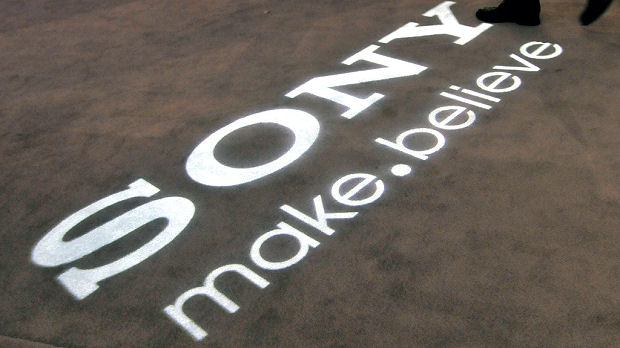A call of duty to gaming?
Sales of the video game “Call of Duty: Modern Warfare 3” hit $1bn in just 16 days. But why are such games are so popular and do they harm your health? Games guru Adrian Hon explains.

In addition to sales, more than a million people have signed up to pay $50 a year for Call of Duty Elite, a package of extra content, competitions, and “pro tools”. All of this amounts to a veritable torrent of cash for its publishers, Activision, and serves as further proof of the financial supremacy of games in the 21st century.
But why is Modern Warfare 3 – and its competitors, Battlefield 3, Halo, Medal of Honor, and others – so popular? Part of the appeal comes from the visceral excitement of the game. Termed “first person shooters”, this game genre has long offered players the most sophisticated and lifelike 3D graphics, created by hundreds of artists, designers, and developers.
They’re also immensely satisfying to play, serving up the same kind of challenge as hitting a ball into a net or firing an arrow at a target, except in a more comfortable yet thrilling setting. Above all, games like Modern Warfare 3 offer effectively unlimited social gameplay via their multiplayer experiences, in which gamers spend the bulk of their time.
Read more: Call of Duty's new blockbuster - but is it art?
‘Concern’ about violence
Action games have long worried politicians and commentators, with Labour MP Keith Vaz being foremost among them: last month, Mr Vaz tabled a motion in parliament expressing deep “concern” over the “gratuitous acts of violence against members of the public” in Modern Warfare 3, and called on the British Board of Film Classifications to “take further precautions when allowing a game to be sold”.
However, with almost two-thirds of the UK now playing games, it’s becoming more difficult to convince people that they pose a serious danger. In responding to Keith Vaz’s motion, Labour MP Tom Watson pointed out that Modern Warfare 3 and similarly violent games already have an 18 classification, and that adults should be able to decide for themselves whether to play.
The increasing popularity of games has led many neuroscientists to begin research their effects on our brains. So far, the verdict is mixed: there’s evidence that playing games for extended periods can have harmful effects on our ability focus our attention on a single task, and that “excessive” playing is correlated with negative social behaviour.
Other studies have found that certain games can significantly improve our motor co-ordination (in particular, surgeons’ skills), enhance our capacity for multitasking, and actually improve our ability to work and communicate with one another, through “prosocial” games such as World of Warcraft, Team Fortress 2, and Left 4 Dead.
Interactive experience
Certainly in terms of global sales, games have already long eclipsed the magazine and music industries and are set to overtake newspapers in by 2015, thanks to extremely fast growth. Uniquely, games are the only mass-market products that offer an interactive and multiplayer experience at the consumer’s home. It doesn’t hurt that they’re also very cheap; it’s hard to beat a game like the bestselling role-playing game Skyrim when it costs £30 for over 100 hours of gameplay, let alone “freemium” games like Zynga’s Cityville. With households anxious about their finances, games are a cheap luxury compared to the cinema or sports tickets.
The growth of games isn’t just in sales, but also in variety. Just as we don’t call TV, films, and YouTube clips “video”, it’s becoming less useful to place Pokemon, Modern Warfare 3, and Angry Birds under the same umbrella of “games”. In the future, we’ll see even more innovation as games reach beyond TV screen and mobile phones into real world, with more competition coming from China and South Korea, already major gaming powerhouses in their own right.
As Naomi Alderman, novelist and video games writer, pointed out to me: “We need to remember that gaming is a very new medium. The first commercial computer games came out only 35-40 years ago. 35 years after the first commercial movies were released, they hadn’t even invented sound yet. Most of the big artistic inventions in videogames are still to come.”
Adrian Hon is the co-founder and chief creative officer of Six to Start, a London-based company that creates games, apps and media experiences for clients in the UK and overseas.
More on gaming
-

Xbox Kinect: game for a game?
09 November 2010
-

New Sony online hack hits 25 million users
03 May 2011






